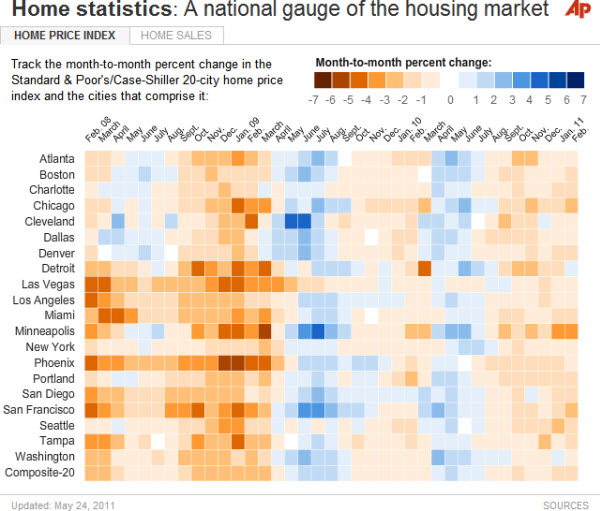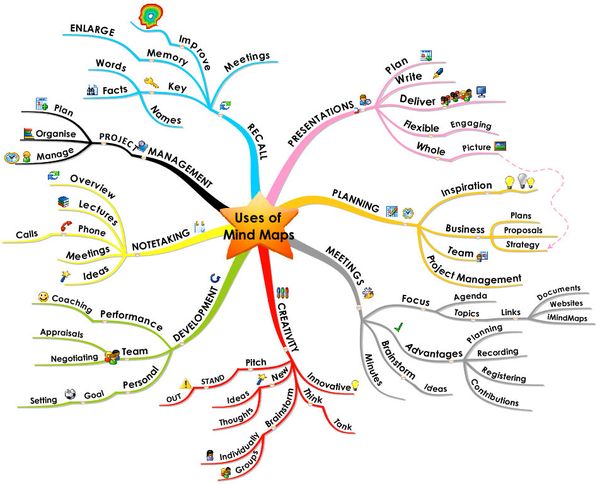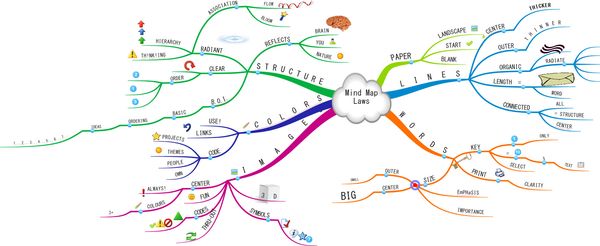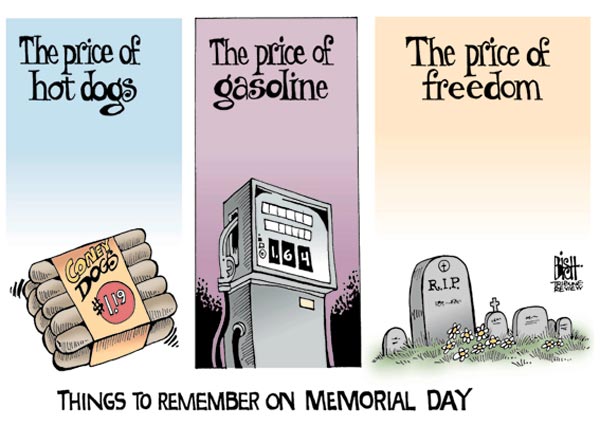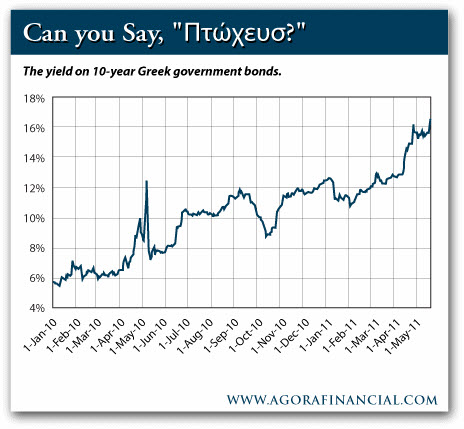Business Posts Moving the Markets that I Found Interesting Recently:
- Hussman Says This Market Is Setting-Up Like Some of the Worst Markets of All Time (BI)
- Economic Warning Signs: China, E.U. & U.S. All See Manufacturing Decline (AdvisorOne)
- U.S. Under Attack: Invasion of the Chinese Reverse Mergers (Y!Finance)
- The Dollar’s Reign is Ending: Long-Live the Multi-Currency Monetary System? (FT)
- Correlation Charts for S&P 500 Index & Other Asset Classes (SignalFG)
Lighter Ideas and Fun Links that I Found Interesting Recently:
- 5 Traits of a True Innovator – Are You One? (Y-Entrepreneur)
- The Economics of True Love: Nobel Prize Winning Theory of Signaling can be a useful tool. (BT)
- A Billion Wicked Thoughts: The Neuroscience Behind Sexual Desire (Freakonomics)
- Study finds Netflix is the largest source of internet traffic in North America (EndGadget)
- Work hard, Play Hard: Students Get a Free Xbox 360 with Windows 7 PCs (VentureBeat)



